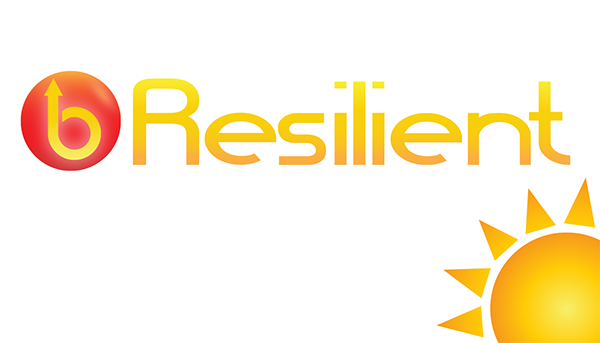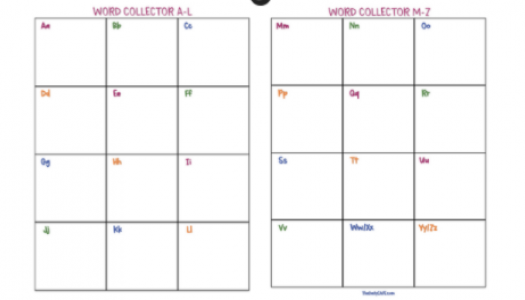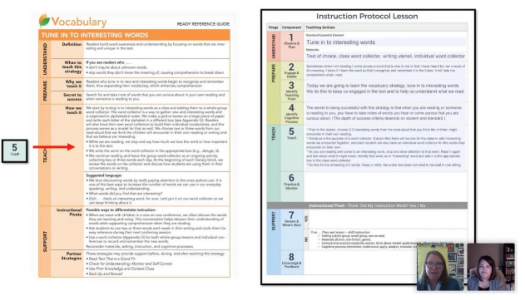
Regie Routman
Dear Colleagues,
The challenges that schools, teachers, families, and students are currently facing are unprecedented. The difficulties of teaching virtually continue to be sobering. Making virtual teaching-learning experiences engaging, effective, and equitable requires that teachers and leaders are courageous, knowledgeable and, perhaps most of all, caring and kind. When we look back on these times years from now, what do we want our students clearest memories to be? Is it the curriculum we covered and the assignments they completed, or do we want something more?
Consider the following goals and actions which can help us simplify and elevate our teaching to greatly benefit all our students.
- Advantage Every Student Millions of students do not have computers or Internet access. So keeping technology in perspective and making things work with minimal tools is a must. Take care that whatever technology you use that you, not the technology, are driving the content and equitable access to it.
- Connect with Families
Connect with each student and family in a personal and positive way. Some equitable ways of communicating might include a letter with a self-addressed and stamped envelope, an email or text, or a phone call. Ensure your message is respectful, kind, and culturally sensitive. Seek assistance if translation is necessary. Once a family knows we believe in their child and see the child as capable, they and their child are more likely to put forth full efforts to support us and be open to suggestions we might have.
- Set Up a Supportive Learning Environment
Social and emotional learning (SEL), as well as a comfortable physical learning environment are more important than ever to optimize student learning. You already know how to do this! Think: What can I do to make students feel seen, respected, and important so they see positive opportunities for themselves?
- Embrace storytelling
Make storytelling the heart of your curriculum. Value, listen to, record, and support students to tell and write their life stories—memorable parts and vignettes—even if they cannot yet write independently. With students, publish these with correct spelling and conventions. Read them aloud. Do shared writing which then can become shared reading—both techniques can be done with and by a whole group, small group, partner, or individual. Since the stories students tell and write are always the most meaningful and easiest for them to read, use these familiar language stories for much of your reading and word work. Think: How can I encourage, solicit, and support each child’s story and make sure it is heard, valued, and celebrated? How can we use those stories to create a caring community of readers, writers, and thinkers?
- Make learning personal, caring, and relevant
Fostering and developing loving relationships with our students is the most important goal of all. Everyone learns best from people they trust. Listen more. Find out what students are passionate about. Help them find resources to delve deeply into a topic or subject that matters to them. Provide more choice within your teaching structure. Slow down. Go for depth; less really is more when done well. Think: What do I want students to take away from our learning experiences together? What am I providing, saying, and doing that is nurturing and encouraging each and every student? Is equity at the forefront of my teaching and learning? How much of what I am teaching today will matter for this child’s future?
If these five goals are the driving force behind the decisions we make and the actions we take, we can be sure that the memories our students take with them will be positive ones.
With admiration and respect,

Regie Routman is a longtime educator and equity champion who has worked for decades with underperforming schools and districts to increase and sustain reading and writing achievement and joy in learning for all students. She is the author of many books and resources, most recently Literacy Essentials: Engagement, Excellence, and Equity for All Learners (Stenhouse, 2018). She can be contacted through www.regieroutman.org and on Twitter @regieroutman.
Recently, Regie and Gail co-created video-based resources entitled, "Nurturing Writers in Uncertain Times" and “A Conversation—Nurturing Writers with Equity in Mind” to encourage and support children as writers.
News From The Daily CAFE
Identifies Front, Back & Title of Book—Kid Teacher
A Word Collector: A Tool to Increase Vocabulary
Coaching Series Replay—Teaching Virtual Whole Groups With Ease









